PROJECTS
Over the last three years we completed more than 30 publicly funded research projects and contracted research projects. Projects range from smaller feasibility studies to multi-national consortial projects in the areas of basic and application-oriented research. These projects were funded and supported by e.g. the European Union, the Government of Upper Austria, the Austrian Research Promotion Agency (FFG) and industry partners. Our partners were able to benefit from knowledge and research results gained in these projects.
RECENT RESEARCH PROJECTS
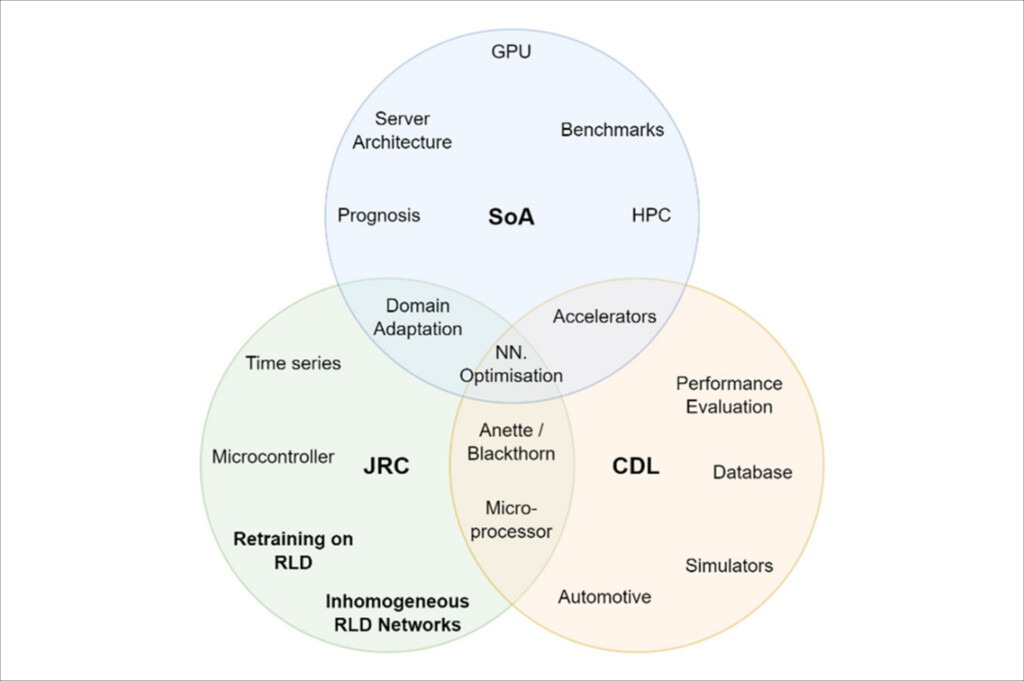

SmartCareAssist
The focus of this EU co-financed research projects focuses on integrating assistance systems and technologies into daily care routines, particularly concerning nursing beds. The aim is to identify challenges in caregiving and develop technical solutions to effectively support caregivers. Intelligent care assistance systems aim to optimize caregiving and apply scientific insights in education to strengthen the healthcare system.

FlexContact
We collaborate with the University of Innsbruck and its Research Institute for Textile Chemistry and Physics to enhance contact materials for smart textiles. Our lab focuses on developing these materials and methods for recycling integrated components.
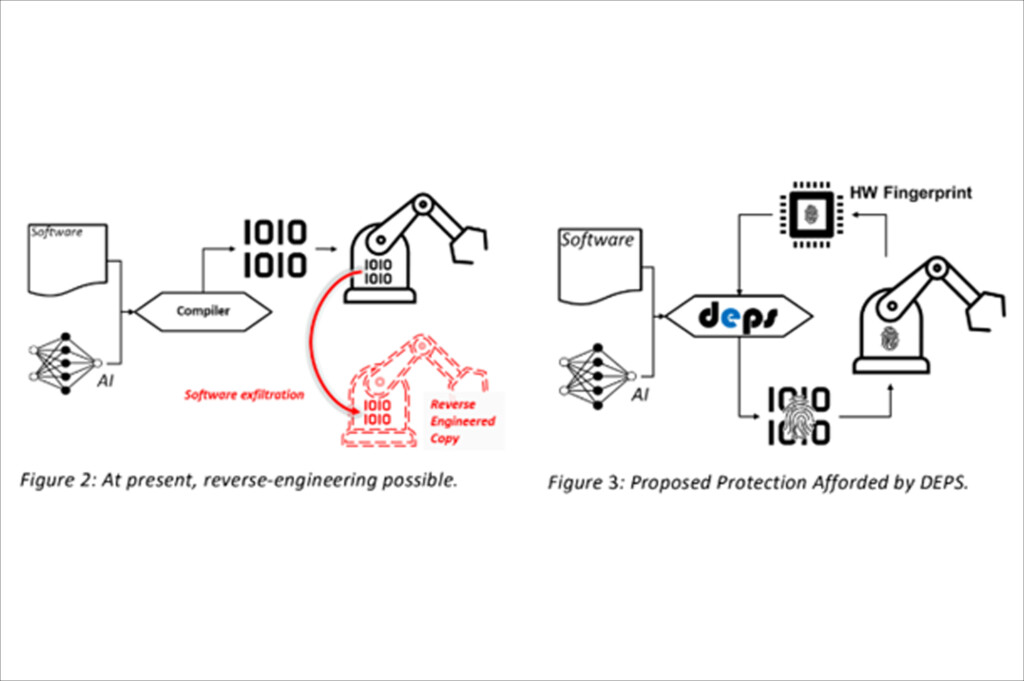
Dependable Production Environments with Software Security – DEPS
DEPS will combat unauthorized reverse engineering by securely binding software and hardware in an unclonable manner. This innovative approach combines software diversity and physically unclonable features to protect industrial systems from reverse engineering. DEPS also focuses on safeguarding embedded machine learning models. The impact is significant, encompassing societal benefits such as job preservation and economic advantages for companies to secure their competitive edge. This research is a collaboration between academic and industrial partners.
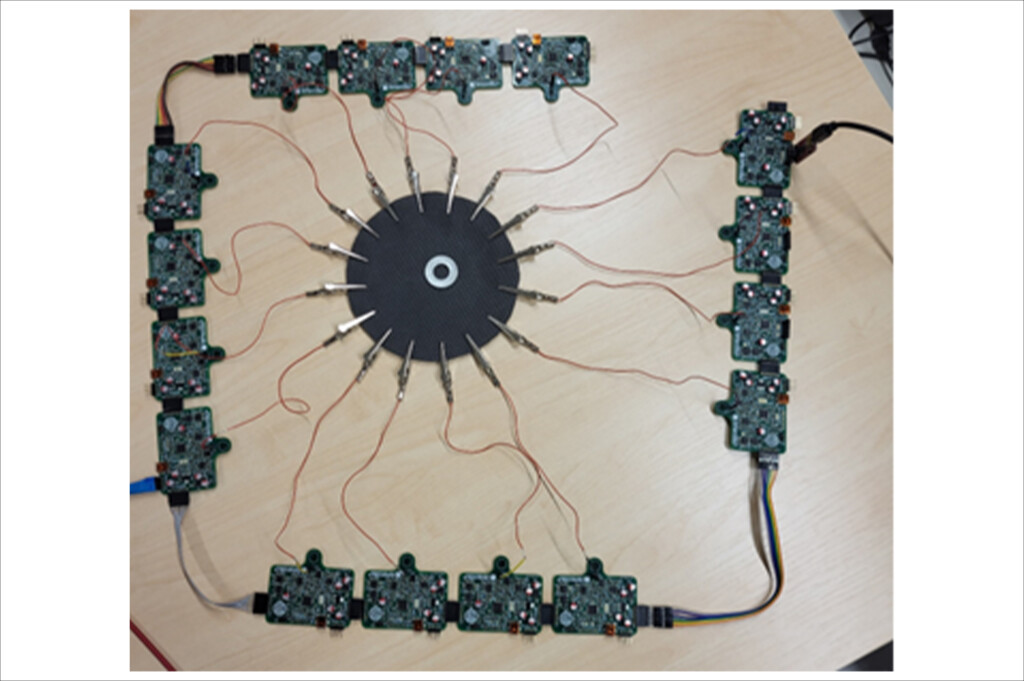
TIMed – Technische Innovation in der Medizin 2022++
The TIMed CENTER develops innovative solutions in the fields of medical technology and health. The “TIMed 2022++” project aims to further develop the research fields, strengthen competitiveness and disseminate open research results. It supports Upper Austria’s economic and research strategy (#upperVision2030) and promotes safe medical technology.
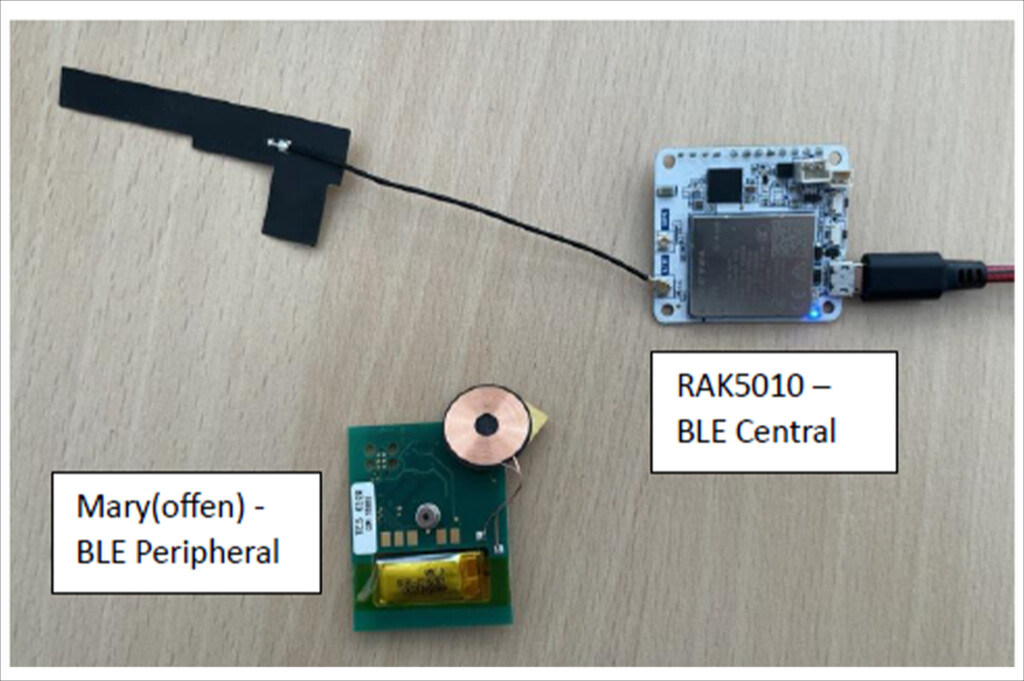
Sticklett
Sticklett develops smart children’s fashion and IoT devices for baby monitoring. The project is improving hardware and data transmission for more accurate vital data. It is also researching more precise temperature sensors and special textiles. Sticklett will thus increase the quality of its products.
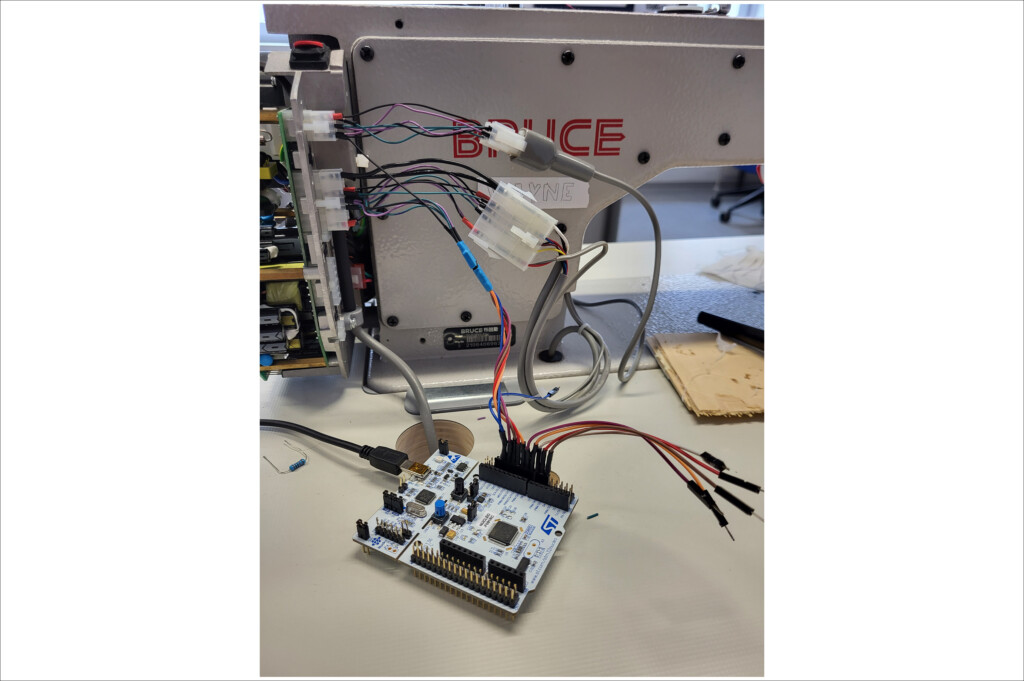
Silana
The company Silana plans to protect textiles using an innovative seam coding technology. This technology aims to provide textiles with a unique digital code to prevent counterfeiting and enhance supply chain transparency. The research laboratory “Embedded Systems” at the University of Applied Sciences Upper Austria is working on developing this technology and intends to integrate it into a standard industrial sewing machine.
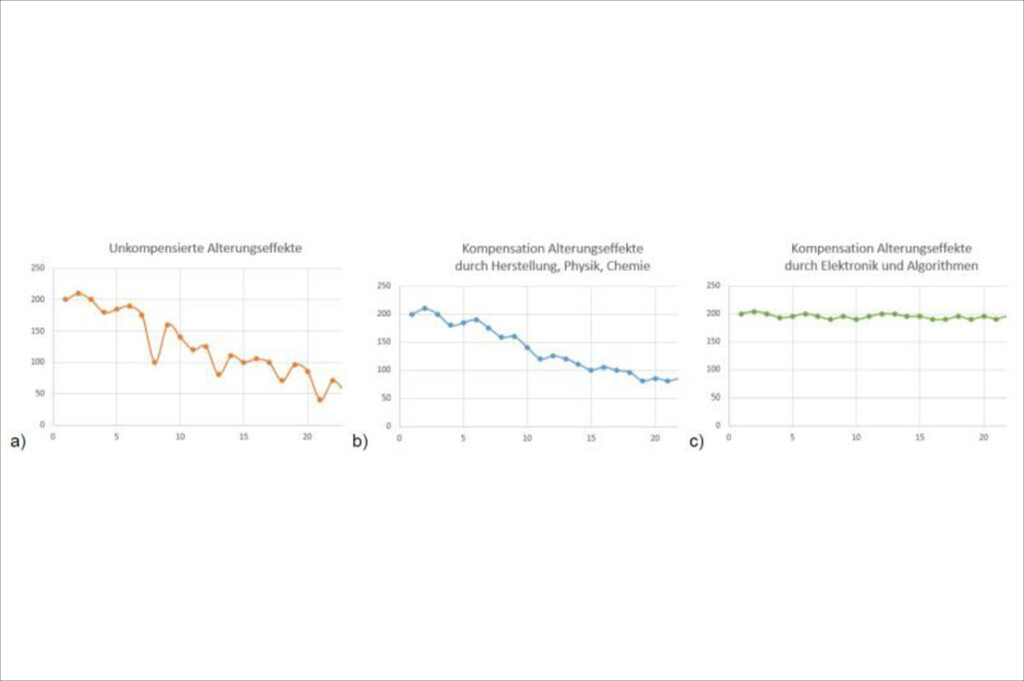
SMART TEX AGING
The SMART-TEX AGING project explores the causes and impacts of aging effects in smart textiles and develops methods to compensate these effects. Although the influences of wearing, washing conditions, tensile and pressure changes modify the measured sensor values in part irreversibly, intelligent algorithms and pattern recognition software can once again restore the production conditions. The project SMART-TEX AGING identifies the causes of aging effects in smart textiles, minimizes these effects by special materials and manufacturing methods and finally compensates of the remaining aging effects through electronics and intelligent algorithms.
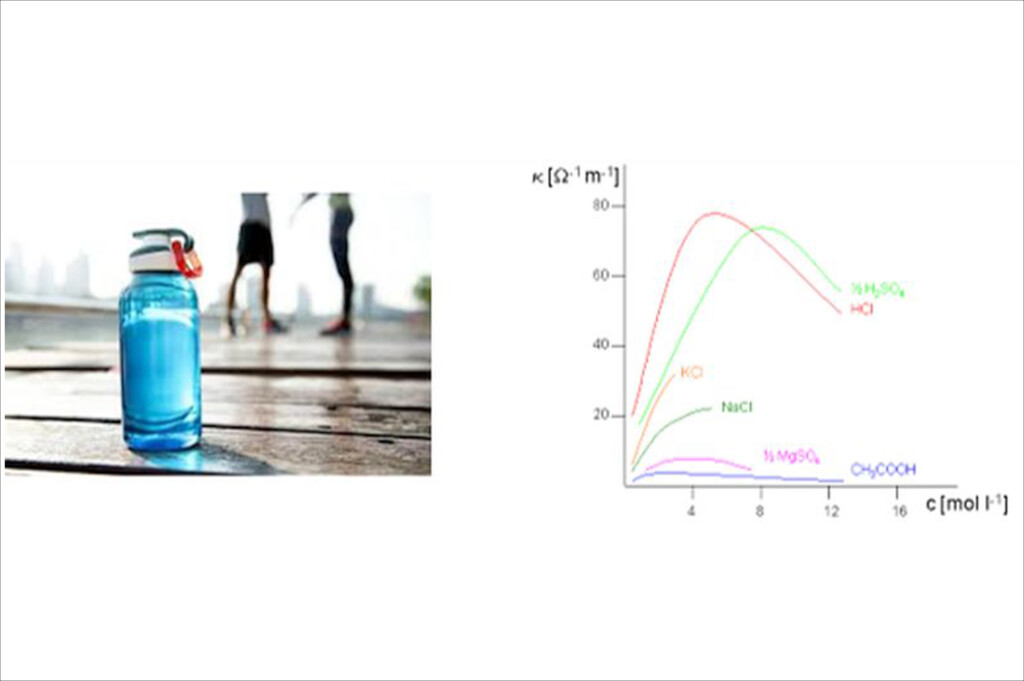
SWEAT-TEX
The project SWEAT-TEX connects companies and research institutes from the fields of research and production in textiles as well as electronics and software. The common goal is the development of intelligent textile sweat sensors, which are used in care sector for detection of dehydration and in sports to optimize performance diagnostics.
For the first time in the SWEAT-TEX project, a network is joining forces to develop a textile, washable and everyday sweat sensor technology. The products to be developed determine vital parameters from sweat that are relevant from a sports science or nursing point of view. In the care sector, the dehydration should be detectable in more than 80% of the subjects. In sports, the performance diagnostics should be improved by means of potassium and sodium measurement. The optimal beverage intake is shown to the athletes in four levels, which are determined based on the training data.
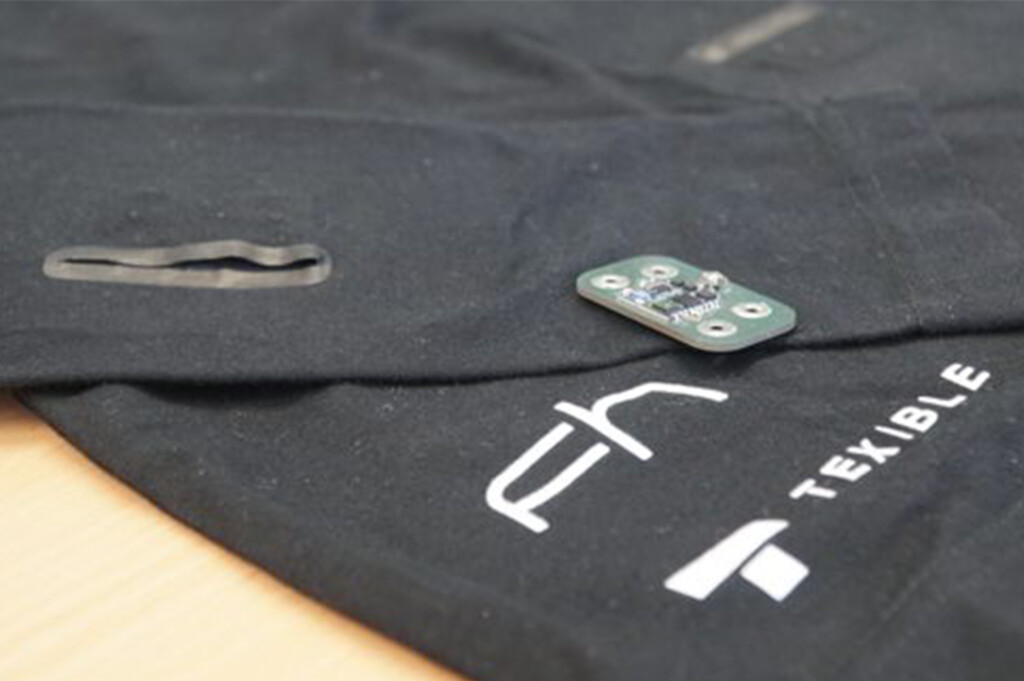
EMSENSE – EMBEDDED SENSOR PLATFORM FOR AUTOMATED DETECTION OF HUMAN MOTION
The aim of EmSense is the development of a low-cost intelligent sensor platform for detection and classification of human motion sequences. In our research, both the measurement of data and the processing of data with artificial intelligence are done directly on the sensor nodes. This guarantees the direct evaluation of the quality of the data in real time or the derivation of further actions directly on the node, e.g., in prevention – are activities performed properly, or the prevention of health damage. The developed embedded sensor platform is being demonstrated in two areas: On the one hand, it is being used in rehabilitation technology with the goal of detecting falls and preventing falls for the elderly at the University of Applied Sciences in Linz. On the other hand, with the system, the posture of motorcyclists is detected, which is the basis for an intelligent vehicle dynamics control procedures to fall forecasting or prevention. The project is funded by the province government of Upper Austria as part of a basic funding.
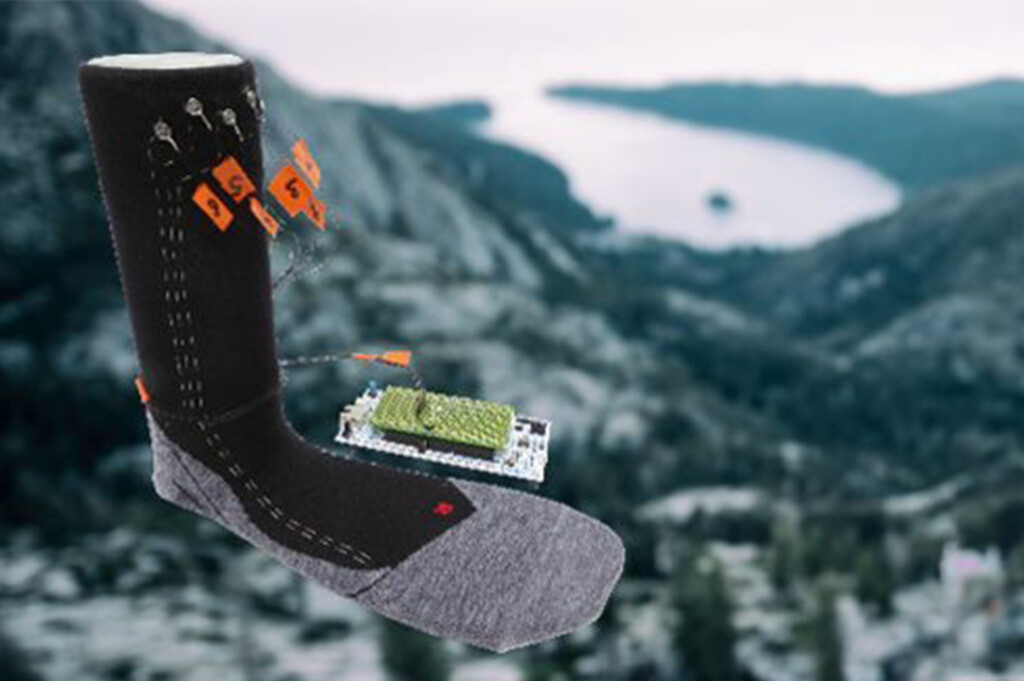
PRESSURE SENSITIVE SMART TEXTILES
The foot pressure distribution, while standing, walking, or running, is an important parameter for gait analysis and feet health status in the field of sports, rehabilitation, or medical applications. In this research project, we developed smart socks, which measure the pressure of a foot on three selected places. The smart socks are connected to an embedded system, consisting of analog-digital-converters (ADCs), a microcontroller, and a Bluetooth module to transmit the data to a mobile device and finally to a cloud system. The socks are equipped with piezo resistive materials.

GPS ACCURACY FOR WEARABLE DEVICES
Wearable devices and sensor systems are often part of location-based applications, tracking the user’s position and speed for subsequent data fusion and analysis. Even though, GPS is a well-known technology and such receivers can almost be found in every mobile device, considerable deviations in position and speed can be observed among different devices. In this project, we determine the accuracy of different GPS units in the case of tracking the speed and the position of a skier. Our experiments comprises static measurements and different sequences of movements, e.g., straight-line and curvy driving. We show the deviation of the accuracy in dependency of the motion, uniform and non-uniform movements, respectively.
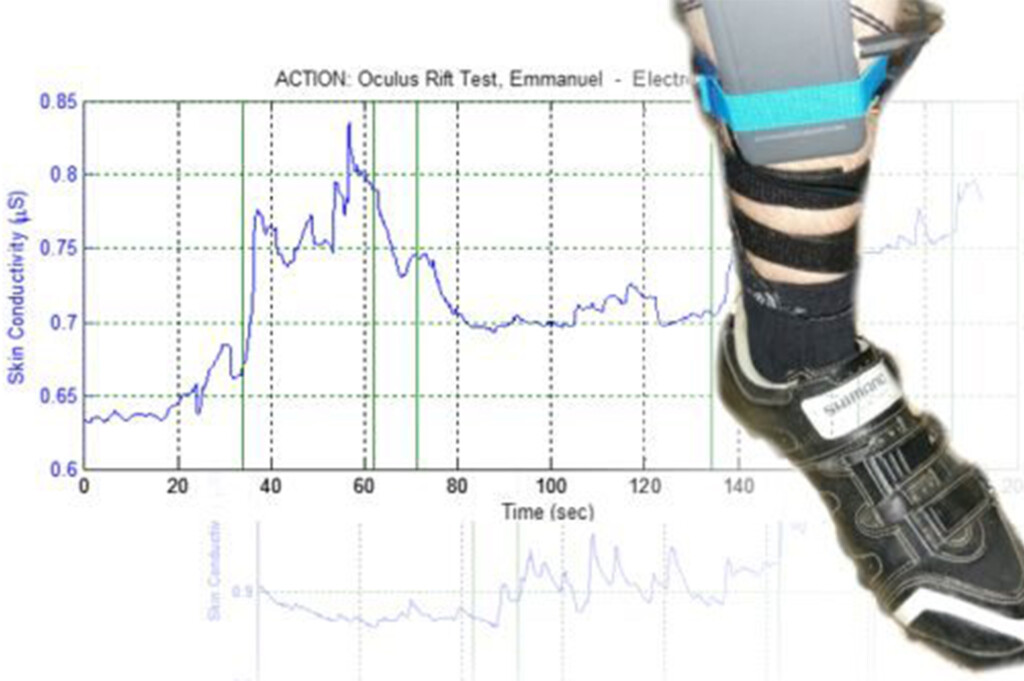
RECORDING OF VITAL PARAMETERS IN SHOE SOLES
Vital signs measurement systems are used to analyze and enhance personal physical fitness or to monitor one’s own health for a medical indication. In this project, a feasibility study for a smart insole for measuring vital signs of perspiration was prepared. The main technical challenges of the feasibility study were the identification of the measurable vital signs as well as their preparation and evaluation regarding the possibilities of interpretation. In addition to sweat, other parameters of the human body were examined by various sensors.
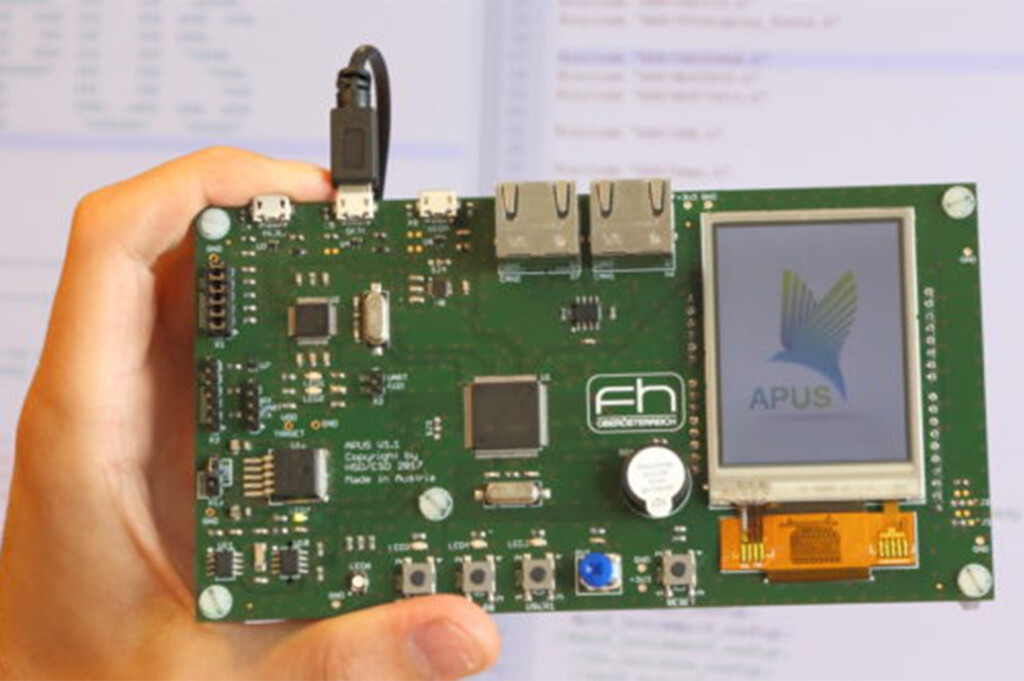
APUS EMBEDDED DEVELOPMENT BOARD
The new learning and development platform APUS was designed for the students of the Bachelor’s degree programme Hardware Software Design and the Master’s degree programme Embedded Systems Design. The students are using APUS in their seminars, exercises and project work. The board includes an energy efficient microcontroller from STMicroelectronics (STM32F072), a TFT display, various interfaces such as USB and CAN, a temperature sensor and a slot for Arduino Shields. We provide an extensive library and basic software for the APUS platform that will enable a quick and easy entry into microcontroller development.
http://www.hardware-software-design.at
http://www.embedded-systems-design.at
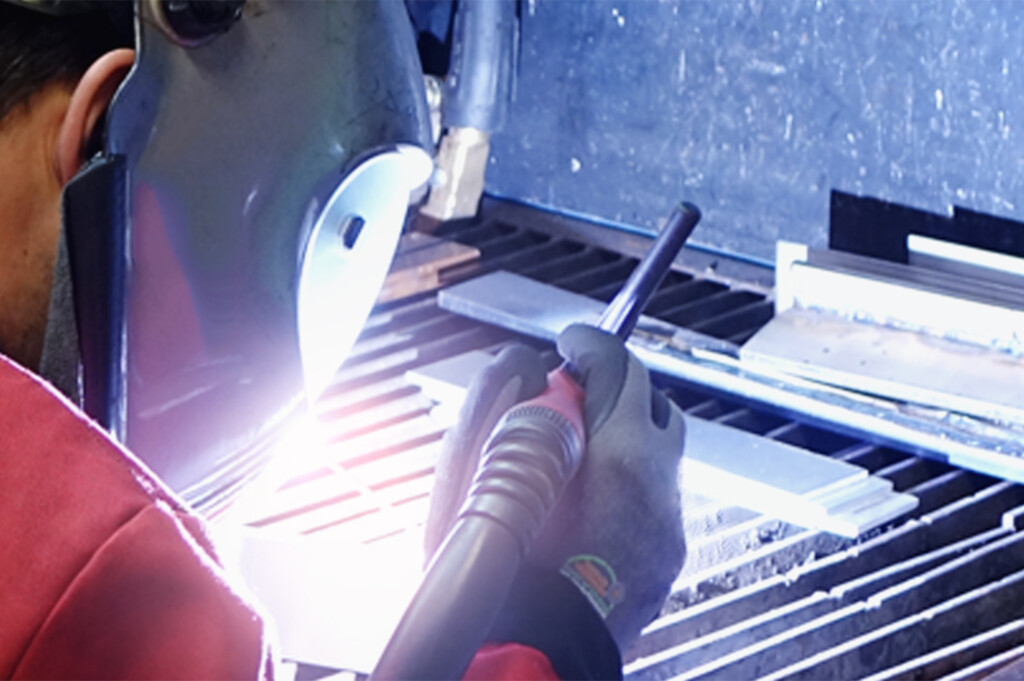
WIFI – WELDING INTERACTION IN FUTURE INDUSTRY
This project deals with novel interaction methods (e.g. based on mouth, head or voice control) in the domain of industrial welding that bear potential to significantly improve the current situation regarding speed (which again leads to increased productivity). The approaches developed in the WIFI project should allow for changing configuration options in real-time, i.e. during the welding process without having to interrupt it. Additionally, WIFI investigates output methods that allow for providing feedback regarding the quality of the current welding process. The project consortium consists of the scientific partners University of Applied Sciences of Upper Austria (leadership) and LIFEtool gemeinnützige GmbH, and the industry partner Fronius International GmbH. The project is funded by the FFG within the BRIDGE1 program.
Find out more at http://research.fh-ooe.at/en/project/1348
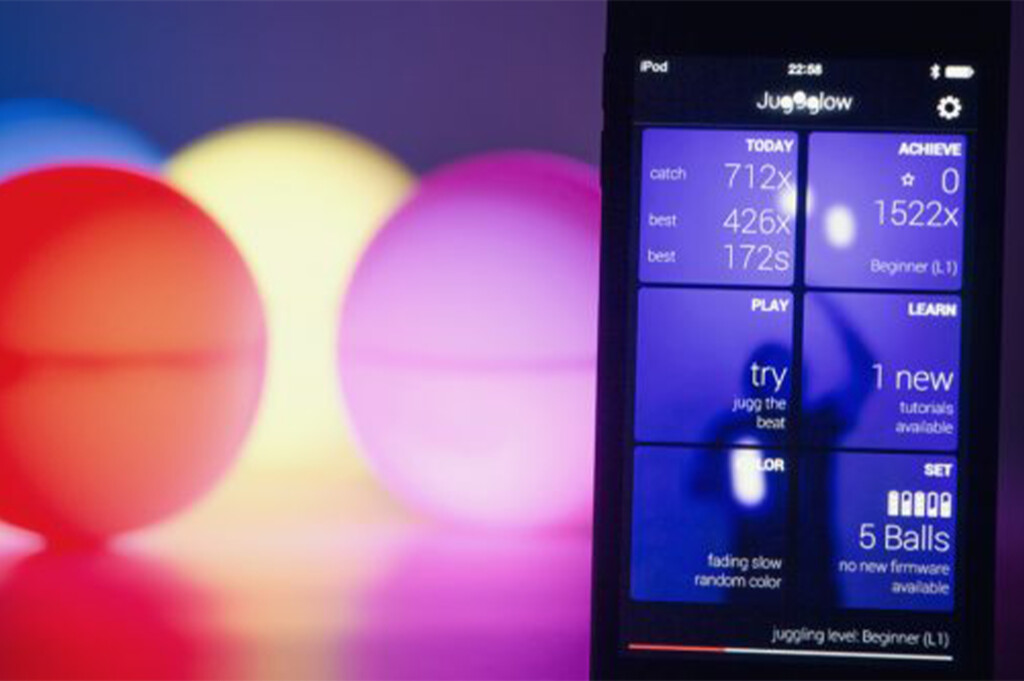
JUGGGLOW – SMART JUGGLING BALLS
Juggglow combines the art of juggling with mobile technology by connecting your smartphone to the juggling balls. The Juggglow balls can detect juggling patterns, control color effects and sequences and communicate via Bluetooth Smart with other devices. This project includes power efficient and EMC compliant hardware design, resource efficient signal processing, embedded software development for low power microcontrollers, and app development for iOS and Android devices. This project was co-financed by Crowdfunding.
Find out more at www.juggglow.com
